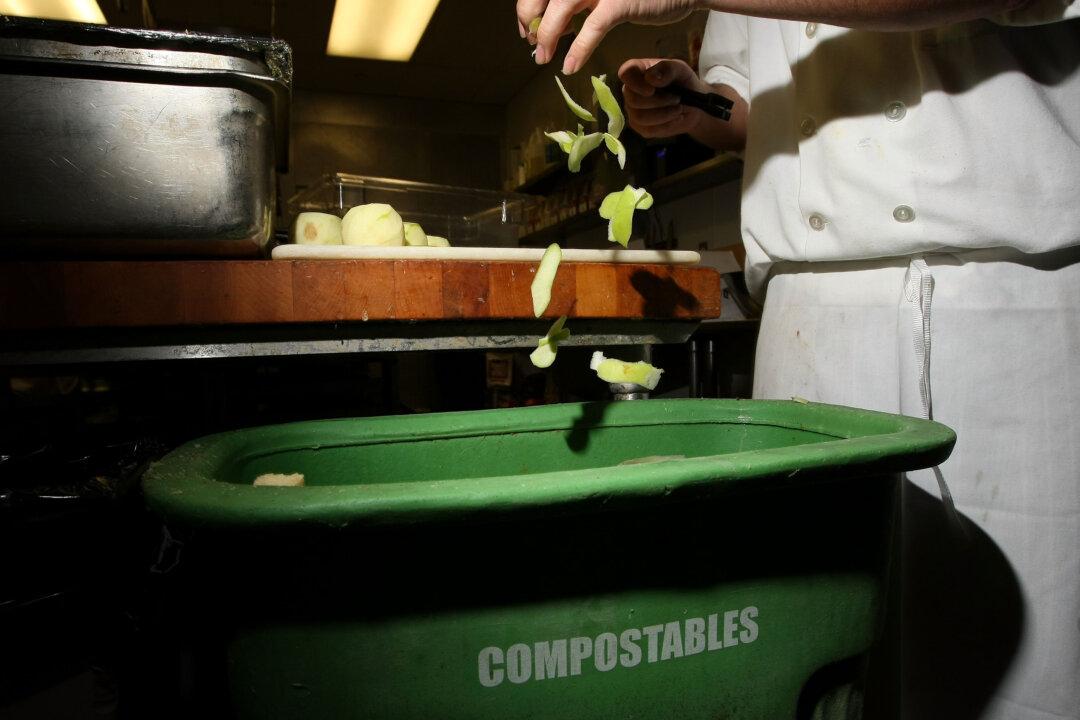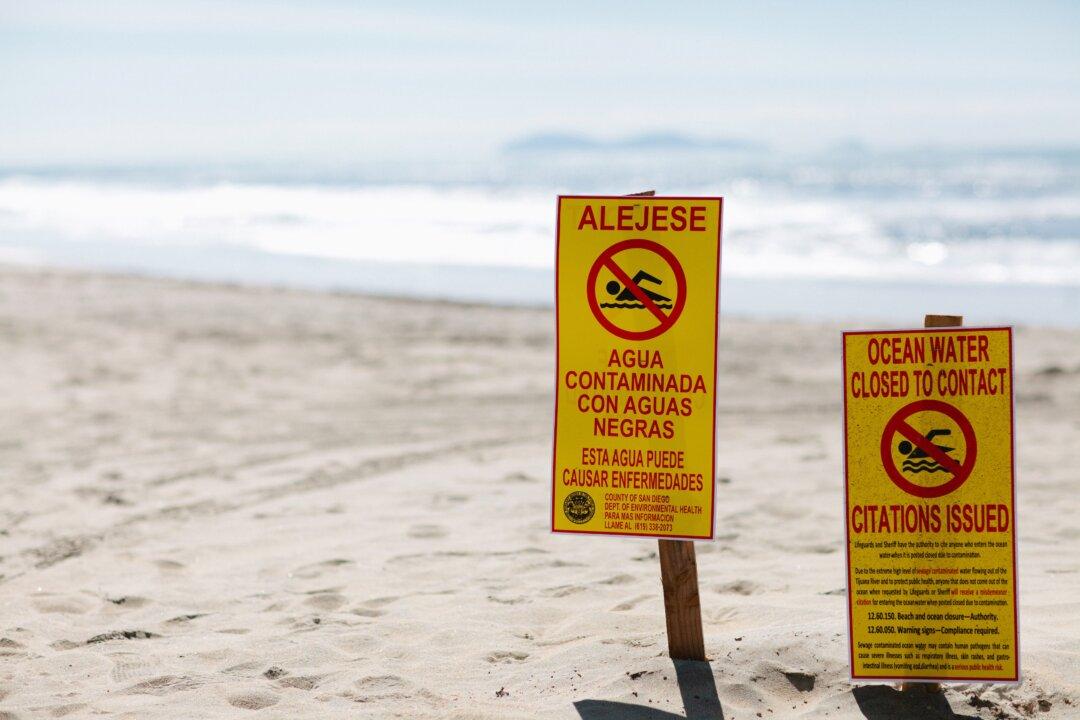Starting this month, the City of San Diego will begin implementing its new organic waste recycling program for residents.
The program is the product of a new California law that became effective in January 2022. One of its goals is to divert 75 percent of organic waste from landfills by 2025.




